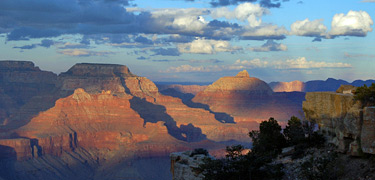UNESCO initiated the concept of
World Book Capital City and nominated Madrid as the Capital for Year 2001. The World Book Capital City each year establishes a program to promote reading among its citizens. Following this successful experience, the General Conference in 2001 establishing a yearly nomination of the Book Capital City. Other cities so honored include Alexandria, Antwerp, Bangkok, Buenos Aires, Ljubljana, New Delhi and Yerevan.
UNESCO also has established a program honoring
Cities of Literature for such things as the quality and diversity of their publishing activities, their educational programs devoted to literature, and their urban environment in which literature, drama and poetry play an important role. The cities that have received these awards include Edinburgh, Melbourn, Iowa City, Dublin and Reykjavic.
It seems to me that the center of publishing and literature in the United States is New York, and that the State Department should nominate that city for UNESCO recognition. Boston would seem to be a city that has a long history both of the production of literature and of higher educational institutions that emphasize the study of literature. It too might be a suitable candidate for UNESCO recognition.
Publishers: New York City has long been
a major center for book publishing in the United States
- HarperCollins: HarperCollins Publishers; literary and commercial fiction, business books, children's books, cookbooks, mystery, romance, reference, religious and spiritual books; unit of News Corporation
- McGraw-Hill: McGraw-Hill Companies; education, financial services, information and media services; 2002 sales $4.7 billion
- Penguin: Penguin Group; imprints Putnam, Viking, Dutton, Puffin, Dorling Kindersley, Rough Guides; unit of Pearson
- Random House: Publishing operation of Bertelsmann; imprints Random House, Alfred A. Knopf, Ballantine, Bantam, Dell, and Doubleday
- Simon & Schuster: Publishing; imprints include Pocket Books, The Free Press, and Scribner
- Scholastic: Scholastic Inc; global children’s publishing and media company
- W W Norton: W. W. Norton and Company; fiction, nonfiction, and poetry
- Wiley: John Wiley & Sons; publishes textbooks, professional books; 2003 sales $854 million
John Daly
The opinions above are those of the author and do not necessarily represent those of Americans for UNESCO.
















